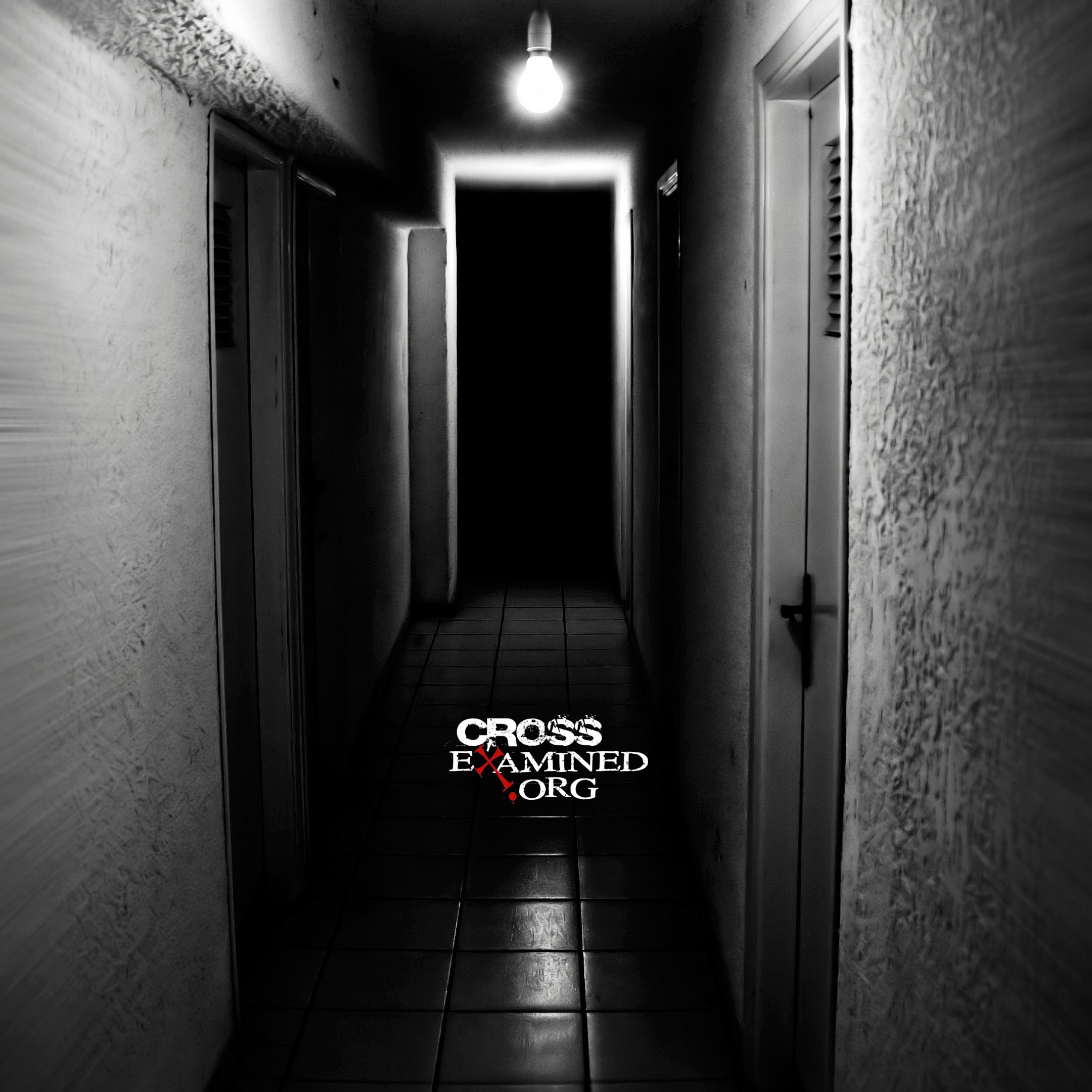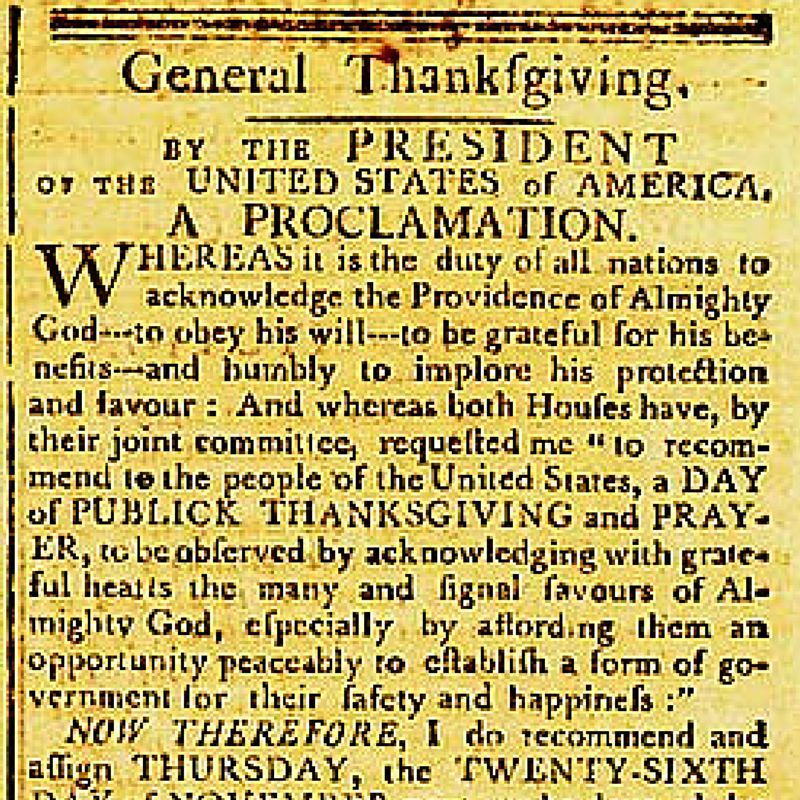Another in a long list of discoveries that affirm the historicity of the Bible: http://www.breitbart.com/article.php?id=D8T7ORS00&show_article=1. Archaeology so confirms the Bible, that it’s been said that “every time a spade goes in the ground an atheist gets converted.” If atheism were just a matter of the mind and not the will, that would be true. (BTW, Israel Finkelstein, professor of archaeology at Tel Aviv University, tries to discount the discovery at the end of the article. I’m not sure anything would convince Finkelstein who is a self-proclaimed skeptic.)
If we could find a way to create embryotic stem cell lines without destroying human embryos, advocates of the old ESCR method would immediately embrace such new technology and the ethical debate would end, right? One would think so– unless careers, money, and justification for abortion are connected to the old method. Well, that’s exactly what some are predicting will happen. A new discovery has been made, but advocates of the old method may refuse to embrace it. Look at this fascinating exchange from Special Report with Brit Hume posted on the STR blog.
The Apostle Paul was right. People are willing to “suppress the truth” if the truth will get in the way of something they covet (See Romans 1:28-32.).
The default position among NT scholarship is that most of the NT documents were written after 70 A.D. I think the exact opposite is true– most, if not all, of the NT documents were written BEFORE 70 A.D. Here’s why http://www.youtube.com/watch?v=5BhjJQciq-A.
Atheist Christopher Hitchens is morally outraged with the Christian belief that God created us and put us under Him without our consent. (This is typical of atheists– they have moral objections to God while they have no objective grounds by which to make moral objections unless God exists.) But as John Piper points out, even if God does not exist, we are still here without our consent:
The fact that we had no say in our creation is what creation means. It’s also what birth means. Neither God nor Mother Nature gives anyone the choice to be created or born. There is a lesson in that. We are dependent. That’s not debatable. It’s just the way it is. But if you embrace the reality of dependence and follow it all the way to the free gift of salvation through Christ, it is not condemnation but liberation. It does not feel disempowering to be called a “fellow-heir of God” (Romans 8:17). (For Piper’s complete post, click here .)
Atheists such as Christopher Hitchens, Richard Dawkins, and Sam Harris assert that belief in God is our greatest problem. If we could only do away with belief in God we would be liberated. But exactly the opposite is true. Liberation comes from putting our trust in Christ. In other words, we can all overcome the hand we’ve been dealt– each of us can choose to become children of God (John 1:12) and be liberated from this bondage to decay and death. Through Christ we have some control. Through atheism we have none– atheism leaves no way out.
After reading this proclamation from George Washington and those from subsequent Presidents, we should realize that mention of God by our government is perfectly constitutional (despite what the ACLU says). Have a blessed thanksgiving everyone!
By the President of the United States of America, a Proclamation.
Whereas it is the duty of all Nations to acknowledge the providence of Almighty God, to obey his will, to be grateful for his benefits, and humbly to implore his protection and favor– and whereas both Houses of Congress have by their joint Committee requested me to recommend to the People of the United States a day of public thanksgiving and prayer to be observed by acknowledging with grateful hearts the many signal favors of Almighty God especially by affording them an opportunity peaceably to establish a form of government for their safety and happiness.
Now therefore I do recommend and assign Thursday the 26th day of November next to be devoted by the People of these States to the service of that great and glorious Being, who is the beneficent Author of all the good that was, that is, or that will be– That we may then all unite in rendering unto him our sincere and humble thanks–for his kind care and protection of the People of this Country previous to their becoming a Nation–for the signal and manifold mercies, and the favorable interpositions of his Providence which we experienced in the course and conclusion of the late war–for the great degree of tranquility, union, and plenty, which we have since enjoyed–for the peaceable and rational manner, in which we have been enabled to establish constitutions of government for our safety and happiness, and particularly the national One now lately instituted–for the civil and religious liberty with which we are blessed; and the means we have of acquiring and diffusing useful knowledge; and in general for all the great and various favors which he hath been pleased to confer upon us.
And also that we may then unite in most humbly offering our prayers and supplications to the great Lord and Ruler of Nations and beseech him to pardon our national and other transgressions– to enable us all, whether in public or private stations, to perform our several and relative duties properly and punctually–to render our national government a blessing to all the people, by constantly being a Government of wise, just, and constitutional laws, discreetly and faithfully executed and obeyed–to protect and guide all Sovereigns and Nations (especially such as have shewn kindness unto us) and to bless them with good government, peace, and concord–To promote the knowledge and practice of true religion and virtue, and the increase of science among them and us–and generally to grant unto all Mankind such a degree of temporal prosperity as he alone knows to be best.
Given under my hand at the City of New York the third day of October in the year of our Lord 1789.
George Washington
People on both sides of the abortion debate are frustrated with Rudy Giuliani (Giuliani vexes audiences with abortion views). On one hand, he says he thinks abortion is wrong, but on the other hand, he thinks it should remain legal. On still a third hand, he’d like to appoint the kind of judges that would likely overturn Roe vs. Wade. (Why can’t we find– as Harry Truman once said– a one-handed politician?)
Let’s CrossExamine Giuliani’s position(s):
- Saying that you are “personally opposed” to abortion but think a woman has a “right to choose” tries to carve out a third alternative that does not and can not exist. Either the unborn child is a human being or it is not. There is no third alternative. (BTW, this is a fundamental law of logic called the law of the excluded middle.)
- Mr. Giuliani is essentially saying that abortion should be “safe, legal, and rare,” as President Clinton once said. But that’s like saying that slavery should be “safe, legal and rare.” If abortion takes the life of an innocent human being, then why should it be legal? And if it doesn’t take the life of an innocent human being, then why should it be rare?
- Giuliani’s position is a logical mess because relativism is false– personal beliefs don’t change the nature of the baby. A women’s choice (or anyone’s choice for that matter) does not change the status of an unborn child. Unborn children are human beings regardless of what some people think of them, just like Jews are human beings regardless of what Hitler thought about them (for the scientific evidence regarding the humanity of the unborn see our book Legislating Morality Chapter 10).
Before I attended Seminary, I took a class in Constitutional law at The George Washington University. The class was taught by a very liberal law professor who made it known she was an atheist. When we got to the so-called “separation of church and state” issue, the professor realized I was a Christian and began to grill me.
“Frank, are you a fundamentalist?” she barked, the contempt clear in her tone. “Are you so religious that you believe the Bible is actually true?”
I tentatively answered yes, but I was stammering in my response. I hardly knew how to support my beliefs with any facts. Like most other Christian college students, I didn’t know much about the evidence in support of the Bible and Christianity, and I didn’t know how to turn the tables on her to reveal that she too was a religious fundamentalist who had a lot of faith.
What? She was an atheist—how could she be a religious fundamentalist with faith? It may sound counterintuitive, but I think it’s true. Just like everyone else, she was religious, had her own fundamentals, and needed faith to believe them. In fact, I’d like to offer a three-point news bulletin for the mocking critics of Christianity:
1. Everyone is religious.
Did you ever notice that people often give their opinions about religion but then caveat it by saying, “But I’m not a theologian”? Well, the truth is everyone’s a theologian. Some are more informed theologians than others, but everyone has some set of religious beliefs. If we define religion as someone’s explanation of ultimate reality—the origin, operation, meaning, and destiny of all things—then everyone is religious, including atheists. While some people devoutly believe that God is the cause of all this, others are just as devout in support of an atheistic explanation or that of some other religious worldview. Even those who are devoutly agnostic or indifferent have taken a religious position. It’s not that they’ve never thought about an explanation for ultimate reality, it’s that they believe the question is unknowable, undecided, or irrelevant. That’s still a religious position.
2. Everyone is a fundamentalist.
While Christians are often mocked for being fundamentalists, everyone has fundamental beliefs about why things are the way they are and how we should live in light of that. Atheists, for example, believe that there is no God; that life arose from non-life without any intelligent intervention; that there is no afterlife; and that science is the supreme if not exclusive source of all truth. Those fundamental beliefs usually result in moral fundamentals such as tolerance for everything (except for those who don’t tolerate everything). So the question is not who is or isn’t a fundamentalist—everyone is. The question is “whose fundamentals are true?”
3. Everyone has faith.
If we define faith as believing something that lacks complete evidence, then everyone has faith. Since no human is all-knowing, all of us—even atheists—require some degree of faith to believe our religious fundamentals. Those that have more evidence for their fundamentals, require less faith– those with less evidence need more faith.
I say all that to show that the playing field is truly level. Everyone is some kind of religious fundamentalist, and everyone has a certain amount of faith. That means that the seventy-five percent of churched students who reject the Christian faith after high school are implicitly adopting another faith, one with its own set of fundamentals and religious beliefs. Of course, few realize that. They think that they are becoming beacons of rationality by rejecting Christianity. Ironically, I think the evidence shows that the exact opposite is true. Those who reject Christianity are becoming more irrational. They require more faith to believe their new worldview than the Christian one they abandoned. The I Don’t Have Enough Faith to be an Atheist seminar begins to show them why. (To go deeper into the details, get the book I Don’t Have Enough Faith to be an Atheist.)


